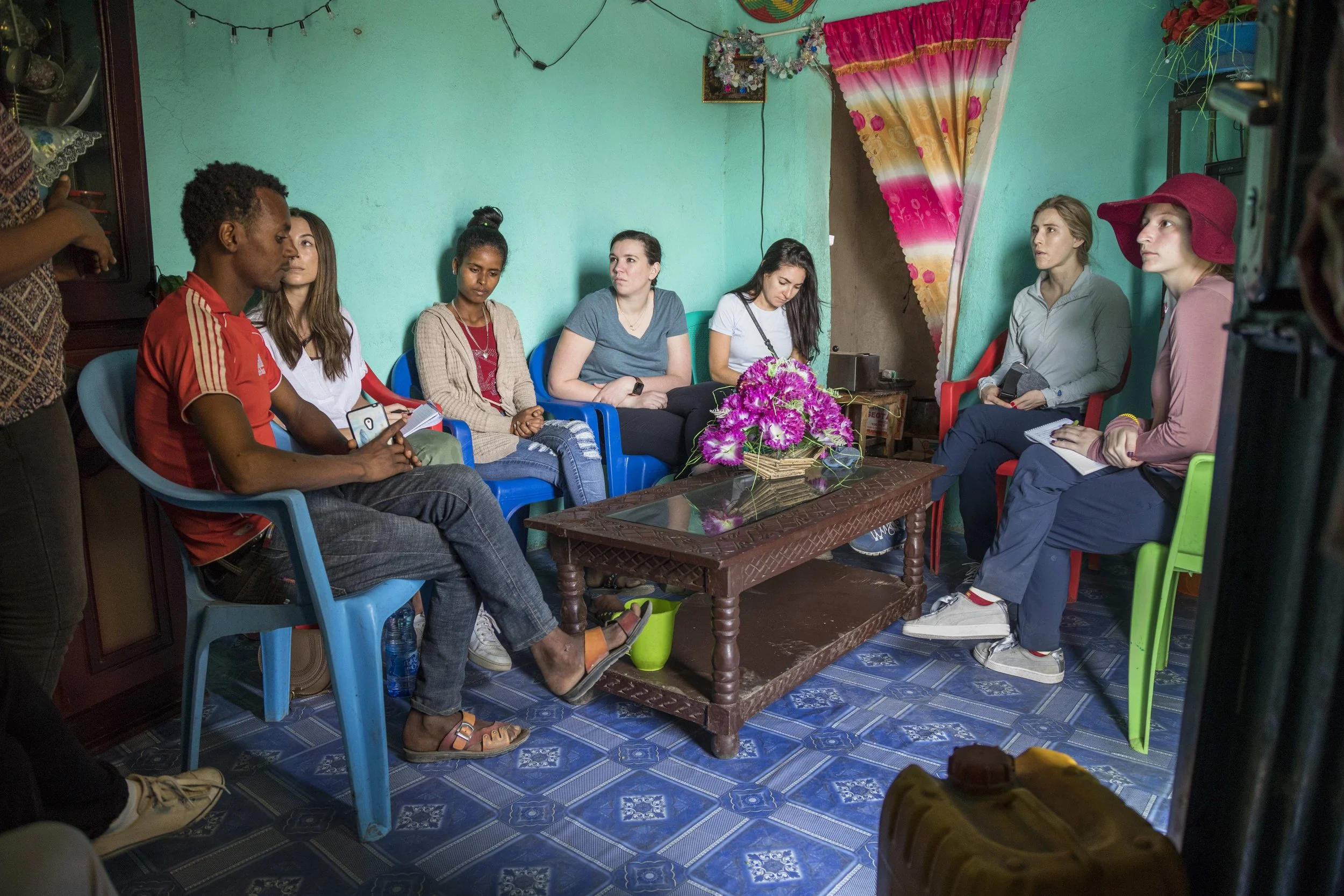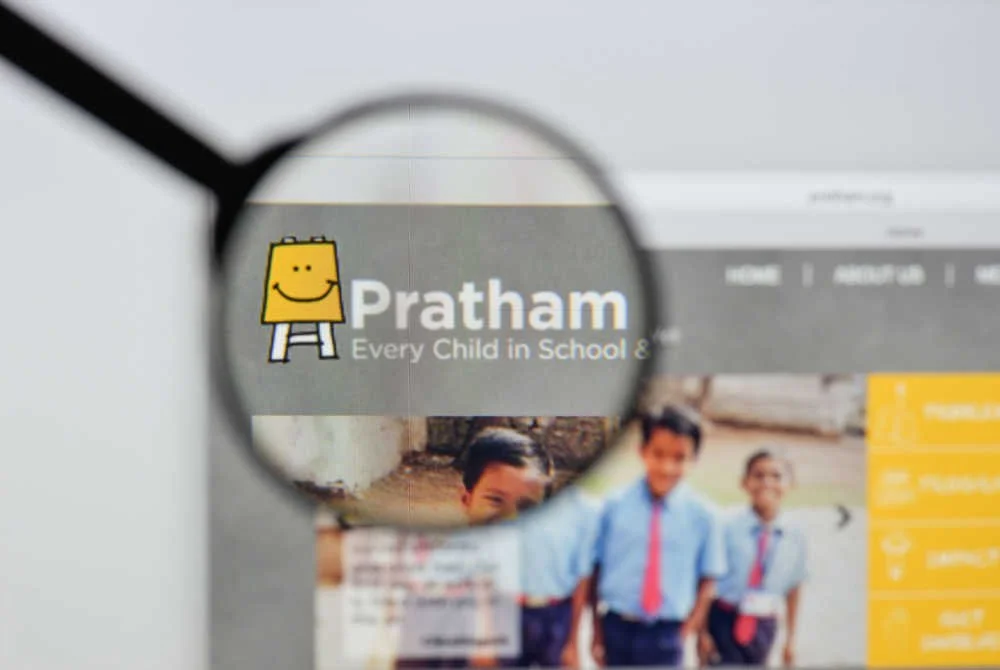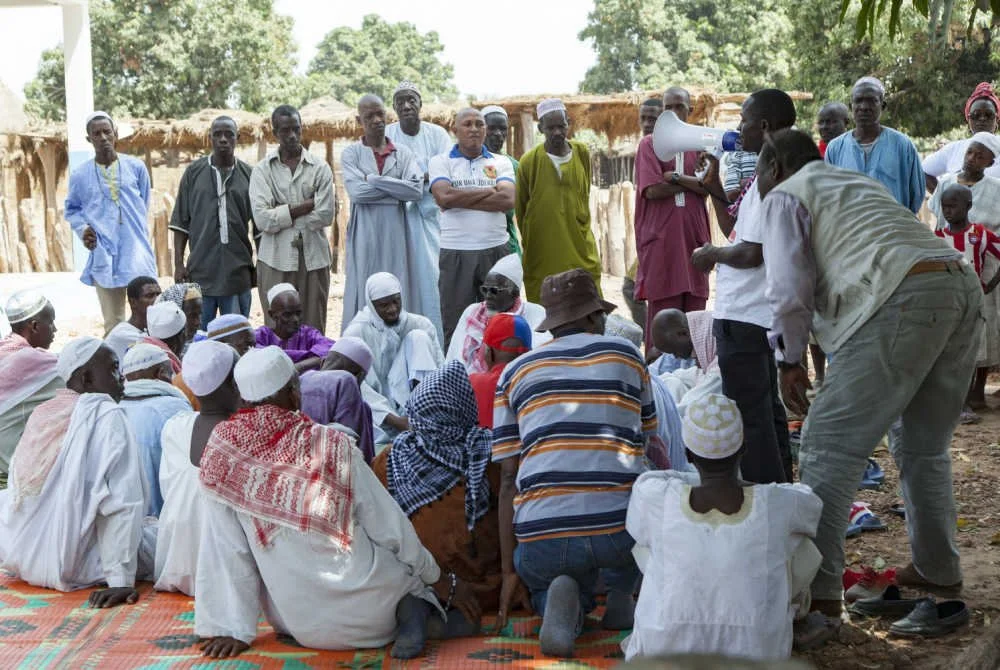“Death Does Not Wait.” Top Funders Make Data a Priority in Achieving Global Health Equity
/Kakoli Dey/shutterstock
On the sidelines of the latest U.N. General Assembly meeting, leading funders launched a major initiative that moved data and data science further to the center of the fight against global health inequities. It’s the latest sign that top philanthropies and NGOs see better data as all-important to this work.
The Rockefeller Foundation, along with partners including the Global Fund and UNICEF, announced a $100 million Precision Public Health program that aims to put accurate, real-time decision-making tools in the hands of frontline health workers in underdeveloped parts of the globe.
The initiative looks to harness data science innovations like machine learning, a subset of AI that allows computers to analyze statistical models and algorithms through patterns and inferences. At the same time, it aims to arm health professionals in developing countries with data mined from the private sector—digital maps, road networks, climate patterns and social media data, enabling them to better predict crises like infectious disease outbreaks, and design interventions before they catch fire.
The strategy is driven by concerns that innovations in data science aren’t reaching the people who need them most. By putting predictive tools in the hands of local care providers, Precision Public Health hopes to prevent 6 million deaths in 10 countries by 2030.
Data as a Core Funding Strategy
The Rockefeller Foundation is widely credited with shaping the field of public health, and has led breakthroughs in the discipline for more than a century. But it’s certainly not alone in identifying data as a key driver to saving lives.
As previously reported in Inside Philanthropy, the Gates Foundation has invested a total of $271 million in the Child Health and Mortality Prevention Surveillance (CHAMPS) network to analyze high child mortality rates in sub-Saharan Africa and South Asia. Wellcome Trust has invested 75 million pounds in a five-year effort to transform healthcare through artificial intelligence.
And in 2015, Bloomberg Philanthropies put $100 million into a Data for Health Initiative co-funded by the Australian government. The investment allows low- and middle-income governments to collect data on how people die, and anchor decision-making on outcomes. Just this week, Bloomberg Philanthropies announced a $120 million expansion of the initiative, bringing its total commitment to $220 million. Data for Health’s goal is to help 25 countries strengthen the quality of their birth and death registrations—and put that data to good use in crafting public policy.
Precision Public Health
Naveen Rao, MD, senior vice president, health for the Rockefeller Foundation, says the Precision Public Health initiative will be “the central focus of Rockefeller’s health work over the next 10 years,” and characterizes its initial three-year commitment of $100 million as “just the beginning.” The program will get off the ground in India and Uganda through a collaboration with the global children’s health organization UNICEF. It will focus on maternal and child mortality to ensure healthy lives and promote well-being for all ages.
Besides the Global Fund, which works to end global health epidemics like AIDS, TB and malaria, collaborators include the World Health Organization, the World Bank’s Global Financing Facility, and Gavi, which provides life-saving vaccines to children in the world’s poorest countries.
In a panel discussion the day of the announcement, Rockefeller Foundation President Dr. Rajiv Shah also acknowledged another critical partner: the on-the-ground community health workers who’ll integrate data with patient care, adopting the mindset that “we’re serving them.” As we’ve reported, other philanthropies like Co-Impact are also investing in these front-line health workers, seeing them as key players in improving health outcomes. That will be all the more relevant if the workers have access to better data tools.
Partnering with Tech
Given the program’s data-centricity, Precision Public Health’s tech collaborators will also play an essential role in getting the right interventions to the right people at the right time. Panelists at the recent UNGA event included representatives from Facebook and Microsoft, and the foundation is in early discussions with a number of other tech leaders to explore ways of working together.
Tech partners’ expertise can help the initiative overcome barriers like gaps in data science talent that could potentially render data useless. They can also promote the responsible use of data, minimizing the risks of accidental or intentional breaches of data security. Geralyn Miller, director of genomics for Microsoft, questioned how to work with governments to make sure policies are in place to ensure data is “treated with dignity”—concerns that the tech industry “lives and breathes daily.”
But the true promise of Precision Public Health was revealed by another panelist, Dr. Jane Aceng, Ugandan minister of Health, who said, “When you need data, you need it now, for you to take the right decision and act. Information on Ebola must be acted upon within four hours to control an outbreak.”
“To be useful for decision-making, it has to be real-time data,” she said. “Death does not wait.”
Related:







































